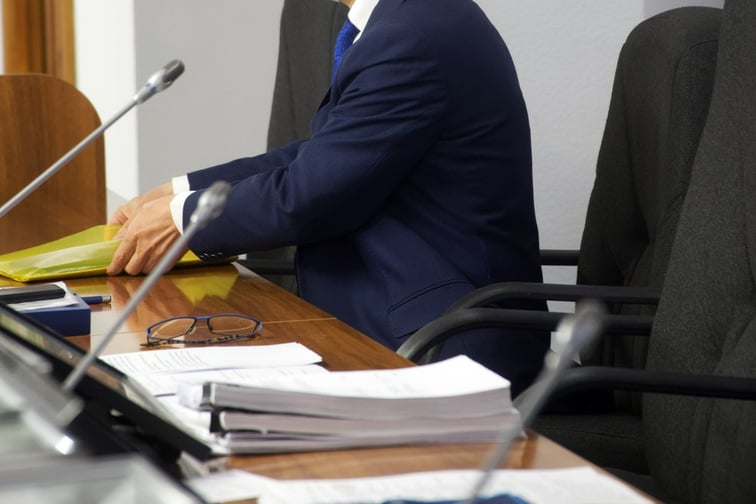

The National Insurance Crime Bureau (NICB) has called on the Washington, D.C. City Council to pass legislation aimed at combatting the proliferation of counterfeit vehicle tags in the nation’s capital.
According to NICB, these counterfeit vehicle tags make it challenging for authorities to trace getaway cars, identify suspects, and apprehend individuals involved in criminal activities. They also enable criminals to plot easier escapes and dodge tollways, further complicating efforts to maintain public safety.
“The use of fraudulent, temporary vehicle identification tags continues to be a widespread problem in the District and across the country,” said Eric De Campos, the organization’s director of strategy, policy and government affairs. “Criminals are using long-expired or outright counterfeited tags to create ‘ghost cars,’ which are then used to facilitate other violent crimes such as shootings and carjackings.”
To fight the use of counterfeit vehicle tags, NICB has indicated its support for the Fraudulent Vehicle Tag Enforcement Amendment Act of 2023. This proposed legislation would grant law enforcement agencies authority to tow and impound vehicles displaying counterfeit, obscured, or expired license plates. It would also allow the Washington, D.C. government to establish a directory for issued temporary tags.
Councilmember Brianne K. Nadeau, the bill’s sponsor, additionally highlighted the urgency of addressing the problem of long-expired and counterfeit temporary vehicle tags, particularly on vehicles with obscured plates to evade automated enforcement.
“We can’t continue to allow car owners to buy untraceable tags or allow their tags to stay expired for months or years to evade accountability,” she said. “Unfortunately, experience has shown that premeditated reckless driving is often associated with vehicles that have these kinds of tags.”
A task force convened by Mayor Muriel Bowser last year underscored the connection between fraudulent or counterfeit vehicle identification tags and violent crimes, reckless driving, and the evasion of traffic laws.
“This legislation will help deter bad actors and criminal organizations and help law enforcement investigate individuals who knowingly produce and distribute fraudulent tags,” said De Campos.
Aside from shedding light on the role of fake vehicle tags in criminal activity, NICB recently sought to provide information on the rise of motorcycle thefts across the US.
What are your thoughts on this story? Feel free to comment below.
